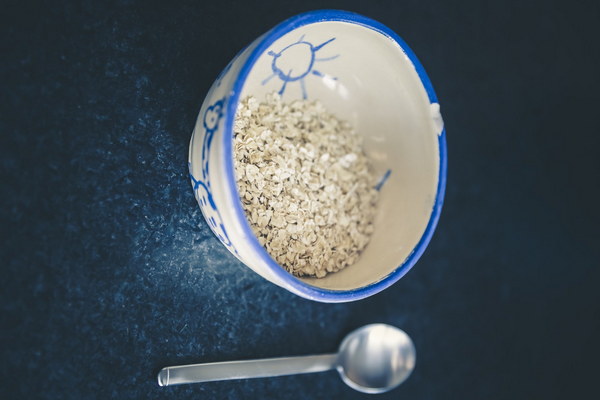Can You Take Supplements During Your First Period
Introduction:
The onset of menstruation can be a confusing time for many young women. Alongside the physical and emotional changes, there's often a question about whether or not it's safe to take supplements during this time. In this article, we will explore the topic of whether it's advisable to take supplements when you're just starting your period.
Understanding Menstruation:
To understand the impact of supplements on your first period, it's important to have a basic understanding of what menstruation is. Menstruation is a natural process that occurs in the female reproductive system, where the lining of the uterus is shed each month. This process is regulated by hormones and can be influenced by various factors, including diet and lifestyle.
The Role of Supplements:
Supplements are designed to provide additional nutrients that may not be obtained through diet alone. They are commonly used to address nutritional deficiencies and support overall health. However, it's important to note that not all supplements are suitable for everyone, especially during the delicate phase of menstruation.
Can You Take Supplements During Your First Period?
Yes, you can take supplements during your first period, but it's crucial to choose the right ones and consult with a healthcare professional. Here are a few key points to consider:
1. Iron Supplements:
Iron is a vital nutrient for women, especially during menstruation. It helps prevent anemia, which can cause fatigue and weakness. However, it's important to consult with a healthcare professional before starting iron supplements, as excessive iron can lead to toxicity. They may recommend a low-dose iron supplement specifically formulated for menstrual health.
2. Vitamin D and Calcium Supplements:
Vitamin D and calcium are essential for maintaining strong bones and teeth. During menstruation, the body loses calcium, making it important to replenish these nutrients. Vitamin D also plays a crucial role in the absorption of calcium. Consider incorporating vitamin D and calcium supplements into your regimen, but consult with a healthcare professional for proper dosage.
3. Omega-3 Fatty Acids:
Omega-3 fatty acids are known for their anti-inflammatory properties and can help alleviate symptoms of premenstrual syndrome (PMS). Fish oil supplements, which contain omega-3 fatty acids, may be beneficial during your first period. However, it's important to choose a high-quality supplement and consult with a healthcare professional regarding dosage.
4. Probiotics:

Probiotics can support a healthy gut microbiome and may help alleviate digestive issues during your first period. Consider incorporating probiotic supplements into your regimen, but consult with a healthcare professional to ensure you're getting the right strain and dosage.
Important Considerations:
While supplements can be beneficial, there are a few important considerations to keep in mind:
1. Consult a Healthcare Professional:
It's crucial to consult with a healthcare professional before starting any supplement regimen, especially during your first period. They can provide personalized advice based on your individual health needs and ensure that the supplements you're taking are safe and appropriate for you.
2. Balance Your Diet:
Supplements should complement a balanced diet, not replace it. Focus on incorporating a variety of nutrient-rich foods into your meals to support your overall health during your first period.
3. Monitor Your Symptoms:
Keep track of any changes in your symptoms while taking supplements. If you experience adverse effects or your symptoms worsen, discontinue use and consult with a healthcare professional.
Conclusion:
Taking supplements during your first period can be a safe and effective way to support your overall health and address any nutritional deficiencies. However, it's important to choose the right supplements, consult with a healthcare professional, and maintain a balanced diet. Remember that each woman's body is unique, so it's essential to listen to your own needs and seek personalized advice.









